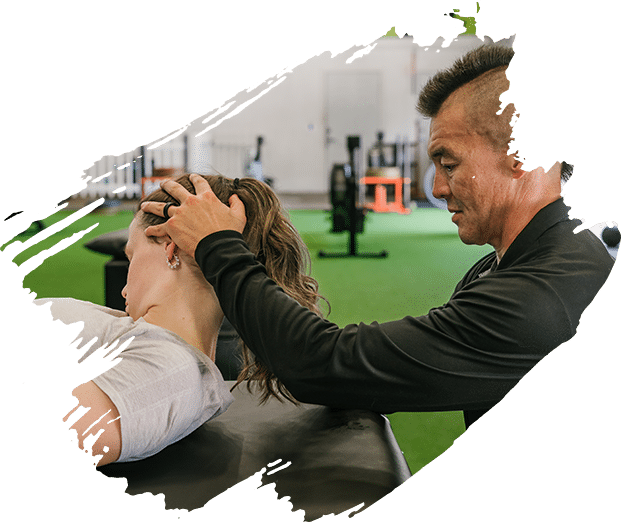 Clients at Habitat Health and Fitness in Lakeland, FL, understand they shouldn't exercise the same muscles intensely every day. They know it's important to make time for recovery. If you're doing strength training, you should rest the muscles you worked for approximately 48 hours. That allows them to heal and recover. When you work a muscle intensely, it tears the muscles down by making small micro tears. During recovery, scar tissue forms to heal those tears and make the muscles bigger and stronger.
Clients at Habitat Health and Fitness in Lakeland, FL, understand they shouldn't exercise the same muscles intensely every day. They know it's important to make time for recovery. If you're doing strength training, you should rest the muscles you worked for approximately 48 hours. That allows them to heal and recover. When you work a muscle intensely, it tears the muscles down by making small micro tears. During recovery, scar tissue forms to heal those tears and make the muscles bigger and stronger.
If you don't take time for recovery it can stop or reverse progress.
You need recovery for bigger muscles. If you continue working out intensely every day, it will continue to tear down muscle tissue, never giving it a chance to heal completely. Recovery also replenishes energy stores so you aren't running on fumes in the gym. That doesn't mean you can't exercise for 48-72 hours. It just means you can't exercise the same muscle group intensely. To avoid that problem, some people do upper body strength training one day, core training another, and lower body strength training a third day.
There is short-term recovery and long-term.
Within hours after working out, the recovery process begins. It starts even sooner if you eat a pre-workout and post-workout snack. It can also start as soon as the cool-down exercises. That's when changes start in your muscles. It's when the body replenishes sources of energy and fluids. It's also why a post-workout snack containing protein and carbohydrates can help. The protein provides the building blocks for the muscles and the carbs refuel the body's energy supply. This phase of recovery lasts until the micro-tears heal. This type of recovery occurs after every workout. Long-term recovery is necessary after injury or overworking muscles.
Recovery doesn't mean you should go to bed or skip the gym.
You can work different muscle groups to help muscles recover. You can do other types of exercise. If you're strength-building, doing cardio and flexibility training on recovery days is one option. You can also do recovery exercises. That's a mild exercise that boosts circulation to stimulate healing. It can be swimming, walking, or any easy exercise that keeps you moving but isn't intense.
- Lack of recovery time can cause mental issues like depression, diminished fitness, high blood pressure, rapid resting heart rate, and poor sleep quality. It can reduce your immunity and make accidents more likely.
- Get adequate sleep when you're exercising. When you sleep, the body heals. It's particularly vital if you have an intense training schedule. If you're trying to lose weight, it helps you do that quicker.
- Changing your workout throughout the week is beneficial for recovery if you're working different muscle groups. It also helps prevent plateauing. The muscles don't become efficient at the movements and burn fewer calories.
- If you don't take time to let muscles heal, it could cause an injury that will keep you out of the gym longer. You want to push yourself to get results but not so much that you don't heal.
For more information, contact us today at Habitat Health & Fitness

